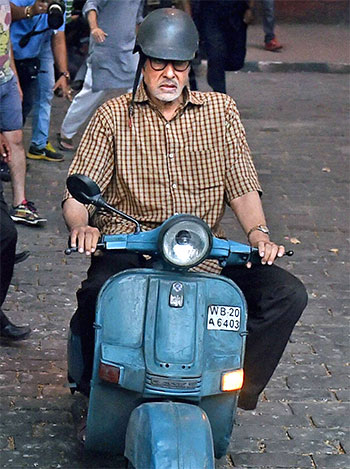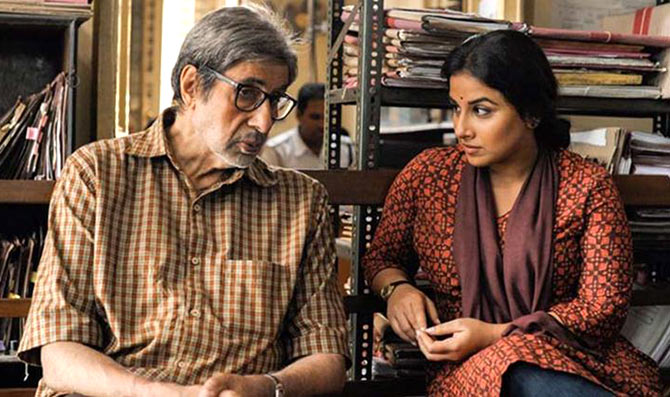

And the story-line follows a very beaten (to death) path. None of these characters are adequately developed.

There is a group of radical students (who closely resemble the JNU student leaders!).

The village, they say, is ‘infested’ with Maoists.

An opulent brothel where she stays serves as the location for a number of plot twists. The village is ruled by Parameswaran Nambiar (Sampath), the leader of a Hindu political outfit: a man sporting a handlebar moustache, with two wives and a paramour, a fiery prostitute. After the initial portions which are spent on establishing Sakhariya’s dare-devilry, the film shifts to a remote village in Karnataka where Sakhariya is transferred to, to investigate a bomb blast case that killed two of his friends. Probably trying to bank on the festival crowd, the young director has made a film that celebrates perverted machismo, a deformed idea of women’s empowerment and senseless vigilantism.Īnd after seeing pigeons ambling around the characters in a in a midnight scene inside a posh brothel, we think that the less said about the art and production design, the better.Īt the centre of Kasaba, is a circle inspector named Rajan Sakhariya (Mammootty), a black sheep who is known for his wayward ways. He is ruthlessly violent, and every line he speaks is laced with sexual innuendos. However, Nithin’s writing lacks the kind of charm that made Ranji Panikker’s films winners. Kasaba‘s protagonist takes after several characters created by Nithin’s father, scriptwriter Ranji Panikker: one of them being Joseph Alexander, the district collector in The King, who shouts down the newly appointed assistant collector, a lady who refused to respect him, by saying, “you are just a woman… a meek, powerless woman.” Through Kasaba, debutant director Nithin Renji Panicker – who’s also the writer of the film – revives a genre Malayalam cinema seemed to have bid adieu to, long ago: the kind of cinema that celebrates an invincible male an ‘educated’, powerful and unconditionally gutsy man with no respect for the law of land, or the people around him.


 0 kommentar(er)
0 kommentar(er)
